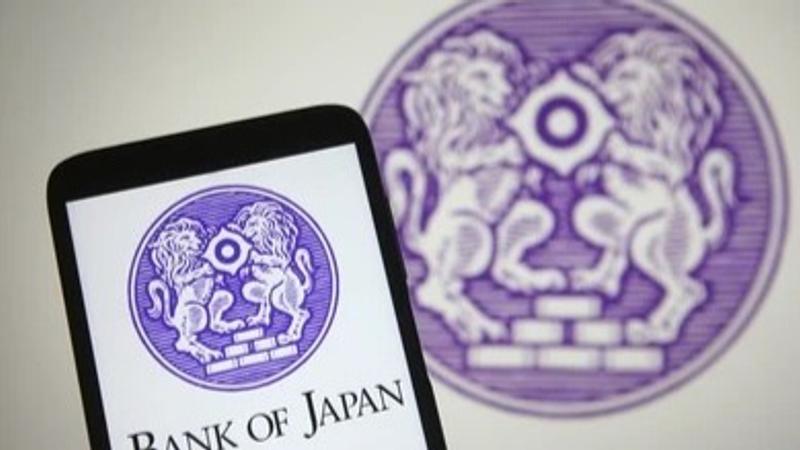Published 07:33 IST, May 9th 2024
Bank of Japan sends hawkish signals post April policy meet, rate hike possible
The discussion mirrors recent indications from BOJ Governor Kazuo Ueda, suggesting the likelihood of multiple rate hikes in the future.

BOJ policy meet: Bank of Japan (BOJ) board members, during the April policy meeting, expressed a strong hawkish stance, highlighting the necessity of gradually increasing interest rates to mitigate the risks of inflation surpassing the 2 per cent target. Several members highlighted the potential for a faster pace of rate hikes, particularly if underlying inflation continues to trend upward alongside a weaker yen.
The discussion mirrors recent indications from BOJ Governor Kazuo Ueda, suggesting the likelihood of multiple rate hikes in the future. Despite these hawkish signals, the yen has not strengthened significantly, as market attention remains focused on diminishing prospects of immediate US interest rate cuts, maintaining a considerable interest rate gap between the US and Japan.
During the meeting, the BOJ maintained its near-zero interest rate policy and released updated quarterly projections indicating a sustained inflation rate of around 2 per cent until early 2027, signalling preparedness for eventual rate hikes later this year. Many opinions expressed in the meeting summary advocated for a gradual increase in interest rates and contemplated reducing the size of the BOJ's bond purchases in the future.
Some members mentioned the role of moderate rate increases to prevent abrupt adjustments once the inflation target is consistently met. Others stressed the need for timely adjustments to interest rates in line with improving growth and inflation outlooks.
Anticipating a potential deviation from market expectations, some members suggested the possibility of the BOJ's policy interest rate being higher than currently anticipated.
While market sentiment leans towards an interest rate hike later this year, opinions differ on the pace of subsequent rate adjustments. Additionally, suggestions were made for the BOJ to communicate its intention to eventually reduce bond purchases and shrink its balance sheet, with some advocating for the eventual elimination of ETF holdings.
Any reduction in bond purchases could provide support for the yen, although concerns persist over Japan's economic indicators, including recent declines in real wages. In March, the BOJ concluded its prolonged negative interest rate policy and other unconventional stimulus measures, yet continues its substantial monthly purchases of Japanese government bonds.
While the BOJ has ceased buying ETFs from the market, it maintains its monthly purchases of Japanese government bonds and has refrained from selling bonds or ETFs.
(With PTI inputs)
Updated 07:33 IST, May 9th 2024




